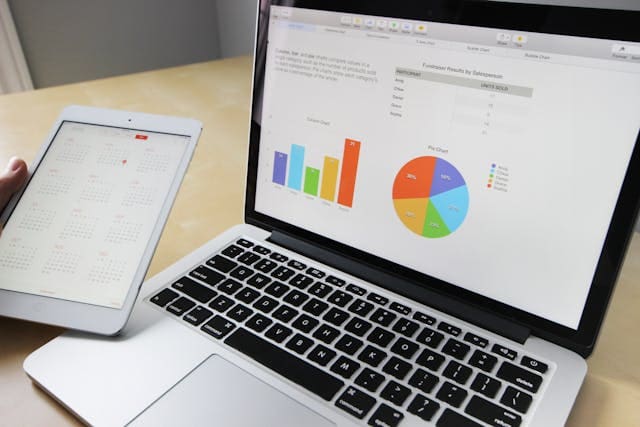Bookkeeping is one of the oldest professions in the world, dating back to ancient civilizations. It has remained relevant over the years because it provides the foundation for financial management in businesses. This career offers many opportunities, and the best part is that it doesn’t require extreme academic requirements like other finance careers. Even if you’ve never taken any accounting classes, with the help of a bookkeeping coach, you can easily learn the ins and outs of bookkeeping and become an expert.
What Do Bookkeepers Do?
Most bookkeepers handle the day-to-day financial transactions of businesses. They help in recording, organizing, and maintaining sales and purchases, processing invoices and payments, and ensuring complying with tax laws. If you are thinking of becoming a freelance bookkeeper, here are some of the roles and responsibilities to expect:
- Processing the payroll
- Budgeting and reporting on the cash flow
- Tracking and recording inventory
- Recording pay invoices and bills
- Sending out invoices
- Preparing accurate financial reports
- Following accounting procedures, policies, and principles
- Using online banking and reconciling bank statements
- Checking and updating general ledgers
- Reconciling balance sheet accounts
- Preparing detailed financial reports for the shareholders/owners.
Being a bookkeeper generally involves working with data and numbers. Therefore, you need to be meticulous and detail-oriented to ensure accurate financial records.
Becoming a Bookkeeper
Now that you are well aware of the duties assigned to a bookkeeper, let’s examine how to become one.
1. Learn What Is Required of You
You must be well aware of your bookkeeping duties early on so you can gauge your tasks. Although we’ve listed quite a number of skills, your duties may vary depending on the business. In some, you may be required to also work as a business administrator in addition to balancing the books. This would mean overseeing processes or managing the employees.
2. Get Certified
There is no formal training required to become a freelance bookkeeper. However, basic skills are needed to ensure that you perform your tasks effectively. Your clients want to know that you are capable enough for the job to keep you as their bookkeeper. This means being good with numbers, keeping accurate records, and knowing how to balance the sheets or generate reports. Fortunately, most of these skills can be easily learned through YouTube, online courses, or coaching sessions.
3. Learn Legal Insurance Requirements
Professional bookkeepers are required to register with the HMRC (HM Revenue and Customs). Exceptions to this are if you are being supervised by the ICB, AAT, or IAB. If you are a personal bookkeeper and plan on handling personal information, you will be required to pay the Information Commissioner’s Office data protection fee. In addition, you should consider getting professional indemnity insurance to cover you for financial loss.
4. Determine Your Fee
Finally, we recommend starting with a reasonable price to attract prospective clients. This means doing your research and evaluating the fees of your fellow bookkeepers. You can then consider your business costs and come to a price that will cover your expenses and earn you a sustainable income as a freelancer.
The Takeaway
Becoming a freelance bookkeeper is one of the best ways that can free up your time, give you flexibility, and allow you to determine your working terms and hours. However, you will need to showcase that you are meticulous and reliable in your work. This might mean setting up a marketing strategy to attract clients, creating an appealing portfolio, and offering budget-friendly packages, especially as a new freelancer. So try it today!
About the Author/s
The New Jersey Digest is a new jersey magazine that has chronicled daily life in the Garden State for over 10 years.
